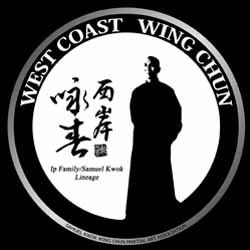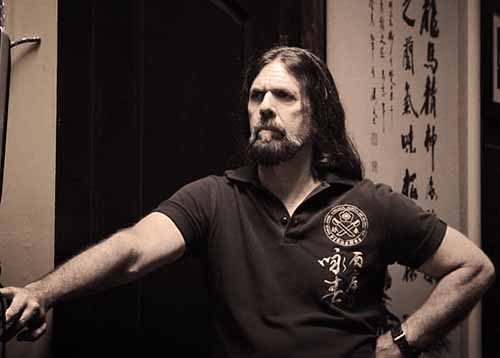How Often Should You Train Wing Chun
How Often Should You Train Wing Chun?
Wing Chun is more than just a martial art—it’s a discipline that demands consistency, focus, and a long-term commitment to progress. Training every day, even for just a few minutes, is key to building momentum and creating a rhythm in your practice. Here’s why daily, focused training is crucial and how it keeps you moving forward, while taking breaks can slow you down.
Build Momentum Through Consistent Training
Training Wing Chun every day isn’t simply about honing your skills—it’s about building momentum, the driving force that sustains your progress. Think of it like pushing a heavy boulder: at first, it takes real effort to get it moving, but once it starts rolling, that momentum carries you forward with less resistance. The same goes for your Wing Chun practice.
In Wing Chun, consistent daily practice transforms complex movements into instinctive reactions. Each day you train—even for 10 to 15 minutes—you reinforce your muscle memory. Whether you’re working on the fluidity of Siu Lim Tao, refining your footwork, or practicing Chi Sau, your body begins to respond on its own, without the need for conscious thought. This is the ultimate goal of martial arts: to shift from thinking to doing, where your movements flow naturally in real-time combat situations.
Why Momentum Matters
Have you ever taken a break from training and struggled to pick it back up? That’s the power of momentum—or in this case, the lack of it. When you train sporadically, you lose the fluidity and instinctive response that come from regular practice. Restarting feels like you’re rolling that heavy boulder back up the hill—wasting energy just to regain what you had before.
Momentum doesn’t just make your training easier; it amplifies your progress. Each session builds on the last, ensuring continuous improvement without unnecessary setbacks. Even on the days when you can’t train intensively, short, focused sessions will help you maintain that forward motion, keeping your Wing Chun sharp and instinctive.
The Power of Daily, Focused Training
Daily practice doesn’t mean you need to spend hours in the gym. In fact, Wing Chun is best learned through short, deliberate sessions. Dedicating just 10-15 minutes a day to focused practice can yield tremendous results over time. For instance, you could:
- Spend 5 minutes practicing forms to reinforce structure and relaxation.
- Devote another 5 minutes to footwork drills, ensuring your steps are precise and efficient.
- Finish with 5 minutes of chain punches to improve your speed and hand coordination.
These quick, focused bursts of training prevent gaps in your learning and keep your techniques fresh. The goal isn’t to perfect everything in a single session, but to steadily build muscle memory and deepen your understanding of Wing Chun. Each short practice compounds, turning effort into habit and habit into mastery.
Balancing Life and Training
Of course, life is filled with responsibilities—work, family, social commitments—all of which are important. But your Wing Chun practice doesn’t have to compete with these priorities; in fact, it can enhance them. The discipline, focus, and resilience you cultivate through martial arts will spill over into your daily life, improving your ability to navigate challenges and stay centered.
The key is finding balance. Even on your busiest days, dedicating just 10 minutes to training can keep you grounded. Rather than seeing life’s demands as distractions, think of your Wing Chun practice as a tool that helps you engage with them more effectively. Whether it’s early in the morning, during a lunch break, or right before bed, making time for Wing Chun strengthens both your practice and your life.
The Role of Your Instructor in Progress
Training with an instructor is invaluable in Wing Chun. While solo practice is essential, there’s no substitute for the guidance of a skilled teacher. Wing Chun techniques, especially the more subtle ones like proper body alignment or energy redirection in Chi Sau, can be difficult to master on your own. An instructor provides real-time feedback, correcting mistakes and refining your form before bad habits take root.
Moreover, training with a partner under supervision gives you the opportunity to apply your techniques in dynamic, real-world scenarios. This is essential for developing true combat readiness. Your instructor will not only correct your form but also introduce you to more advanced techniques as you progress, ensuring that your training is both challenging and efficient.
Final Thoughts on Training Frequency
If you’re serious about advancing in Wing Chun, daily training is the way to go. Each day you train, you take another step toward mastery. Whether you have a full hour or just 10 minutes, the key is consistency. Keep your momentum going, and you’ll find that every practice session, no matter how small, brings you closer to your goals.
Mastery doesn’t happen overnight; it’s the result of steady, determined effort. So, show up for your training every day. Not for perfection in each session, but for the progress that compounds over time. With every movement, every technique, you’re shaping not just your skills, but yourself.




